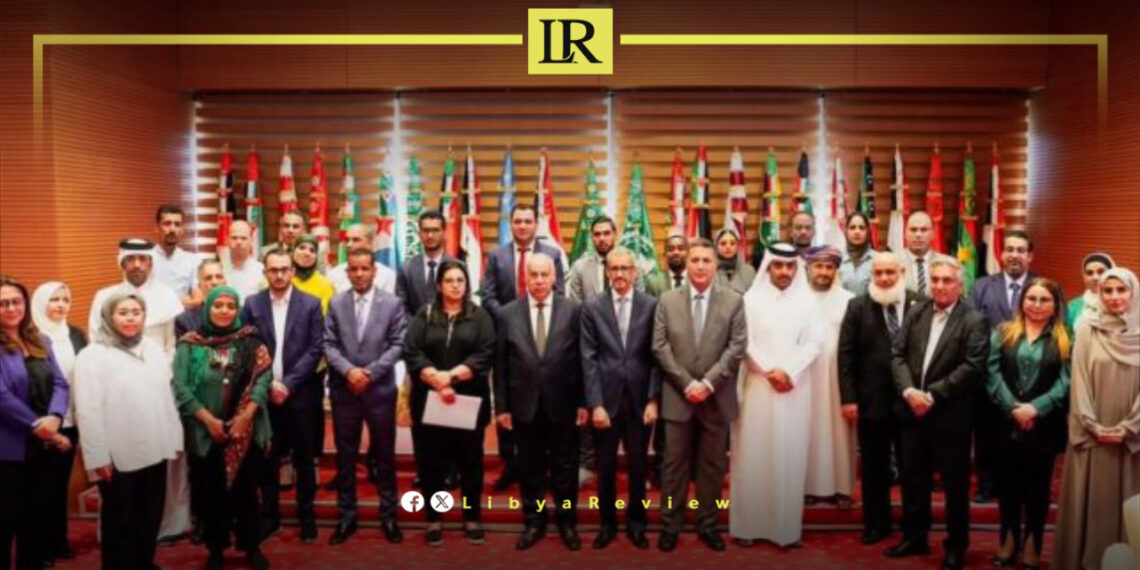Libya took part in the first Arab Cultural Heritage Youth Researchers Forum, organized by the Arab League Educational, Cultural, and Scientific Organization (ALECSO) in Tunisia from September 17 to 19, 2024.
Libya was represented by the Cultural Counselor at the Libyan Embassy in Tunisia, Ikhlas Al-Zaghrat.
The forum discussed a wide range of issues related to the preservation of Arab cultural heritage, including the challenges it faces at both local and international levels, best practices in research and documentation, and the significant role of youth in heritage protection.
The event aimed to provide a platform for young researchers from various Arab countries to exchange experiences and ideas, foster collaboration in cultural heritage protection, and encourage youth participation in research and studies related to heritage. It also sought to develop innovative projects that contribute to the preservation and promotion of Arab cultural heritage.
Libya has been in chaos since a NATO-backed uprising toppled longtime leader Muammar Gaddafi in 2011. The county has for years been split between rival administrations.
Libya’s economy, heavily reliant on oil, has suffered due to the ongoing conflict. The instability has led to fluctuations in oil production and prices, impacting the global oil market and Libya’s economy.
The conflict has led to a significant humanitarian crisis in Libya, with thousands of people killed, and many more displaced. Migrants and refugees using Libya as a transit point to Europe have also faced dire conditions.
The planned elections for December 2021 were delayed due to disagreements over election laws and the eligibility of certain candidates. This delay has raised concerns about the feasibility of a peaceful political transition.
Despite the ceasefire, security remains a significant concern with sporadic fighting and the presence of mercenaries and foreign fighters. The unification of the military and the removal of foreign forces are crucial challenges.


